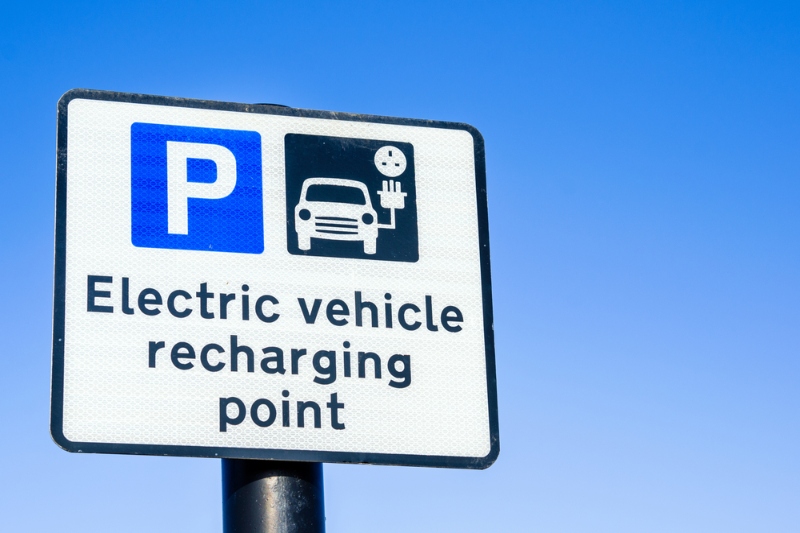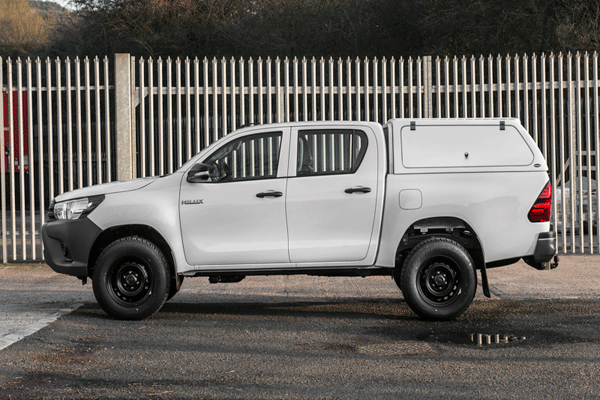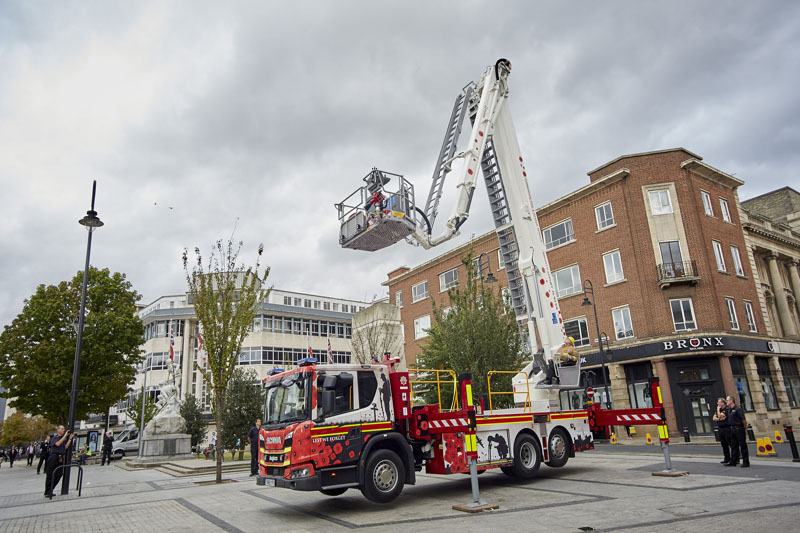Over half of the UK’s local authorities spent nothing on electric vehicle charge points in the last 12 months, a freedom of information request has revealed.
 DevicePilot, a service monitoring and management platform for EV charge point operators, yesterday released the results of an FOI campaign sent to 374 local councils in the UK.
DevicePilot, a service monitoring and management platform for EV charge point operators, yesterday released the results of an FOI campaign sent to 374 local councils in the UK.
It revealed that 52% of councils spent nothing on EV charge points in 2021, and nearly two thirds (60%) received complaints about the availability, reliability or number of charging points.
The average cost of a council-bought charge point in the UK is £6,000, although figures range between £350 and £100,000. The total cost of EV maintenance across the UK is estimated at £5.6m.
According to DevicePilot, on average, UK councils received 15% less funding from the Government for EV charging infrastructure in the last 12 months compared to the same period in 2020.
‘Universal EV ownership is not a target, it’s an inevitability,’ said Pilgrim Beart, DevicePilot CEO and co-founder.
‘In the next 10 years, more than half the cars on the road will be electric. To facilitate this transformation, the UK must install tens of thousands of charge points reaching every corner of the country.’
On average, councils are planning to install 52 charging points in their area by the end of 2022 – up from 28 in 2021.
Nearly half of councils (46%) told DevicePilot that they don’t know how many charge points they will install in 2022, or are planning to install zero.
‘EVs are vital to the UK’s carbon emissions targets, but while some parts of the UK are on schedule to meet greater EV demands, others areas lack the funding to do anything whatsoever,’ Mr Beart continued.
‘I have a lot of sympathy for councils whose budgets have been stretched to breaking point by the pandemic and budget cuts, but we cannot continue to let the divide between the EV haves and have nots grow further. It should be the UK’s short-term goal to ensure everyone in the country can reap the benefits of EVs, not just the privileged few.’






